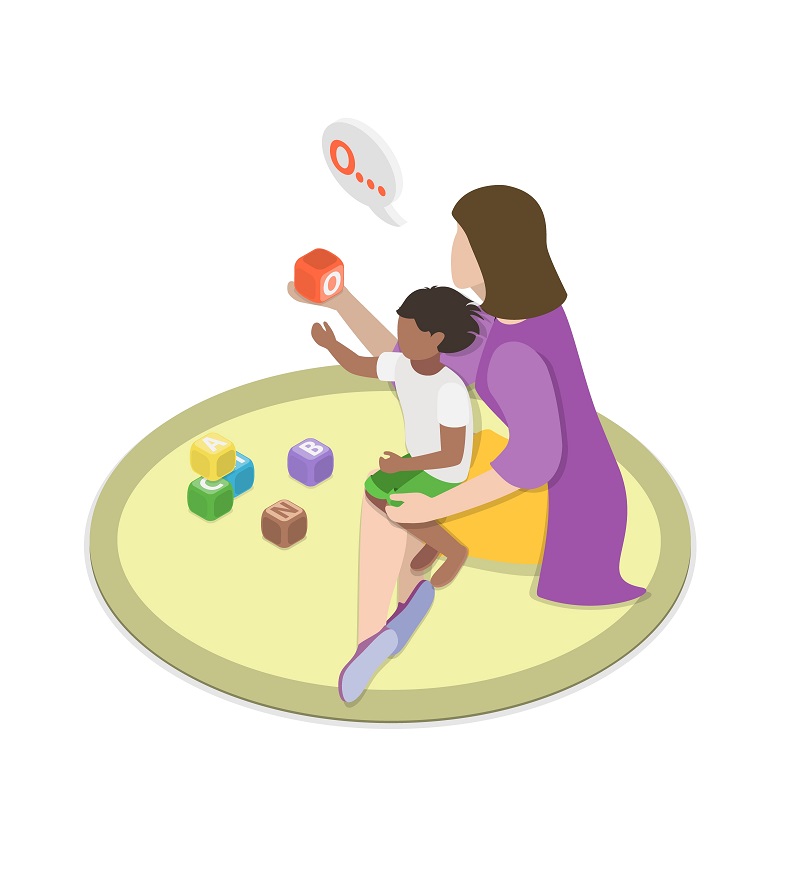By: Pranali Shah, MS, CF-SLP
Introduction
Autism Spectrum Disorder (ASD) is a complex neurodevelopmental condition that affects communication, behavior, and social interaction. It is called a spectrum disorder because it encompasses a wide range of symptoms, skills, and levels of impairment. People with ASD may experience challenges in social communication, such as difficulty with understanding and using verbal and nonverbal cues, maintaining conversations, and developing relationships. They may also exhibit repetitive behaviors, restricted interests, sensory sensitivities, and difficulty adapting to change. ASD typically appears in early childhood and lasts throughout a person’s life, although symptoms can vary widely from person to person. Early diagnosis and intervention, including speech therapy, occupational therapy and behavioral therapy, can greatly improve outcomes for individuals with autism.
How Autism Affects Speech
Autism can affect speech in various ways, depending on the individual. Such as:
- Delayed Speech Development: Children with autism may experience delays in speech development, such as late onset of first words or difficulty forming sentences.
- Echolalia: Some individuals with autism may repeat words or phrases they hear (echolalia) without necessarily understanding their meaning or using them in appropriate contexts.
- Difficulty with Conversational Skills: People with autism may struggle with understanding social cues, taking turns in conversations, staying on topic, or using appropriate tone and volume of voice.
- Literal Interpretation: They may have a tendency to interpret language literally, which can lead to misunderstandings or difficulty grasping figurative language, jokes, or sarcasm.
- Limited Vocabulary: Some individuals with autism may have a limited vocabulary or use repetitive language, focusing on specific topics of interest (restricted interests).
- Speech Prosody and Intonation: Autism can affect the rhythm, intonation, and prosody of speech, leading to a flat or unusual speech pattern.
- Sensory Sensitivities: Sensory sensitivities commonly associated with autism (such as sensitivity to sound) can affect speech production and fluency.
Importance of Speech Therapy
Speech Therapy plays a big role in addressing communication deficits in kids with Autism. Speech therapy can:
- Improve communication skills such as speech sounds, vocabulary, sentence structure, and understanding of language
- Enhance social interactions by focusing on social communication skills, such as, turn taking, nonverbal cues, appropriate language usage in different social situations, maintaining eye-contact.
- Supporting functional communication such as Alternative and Augmentative communication (AAC) devices.
- Addressing sensory and motor challenges that kids might face.
Conclusion
Overall, speech therapy plays a pivotal role for helping children with Autism develop essential communication skills, improve social interactions, and achieve greater independence in daily life.




